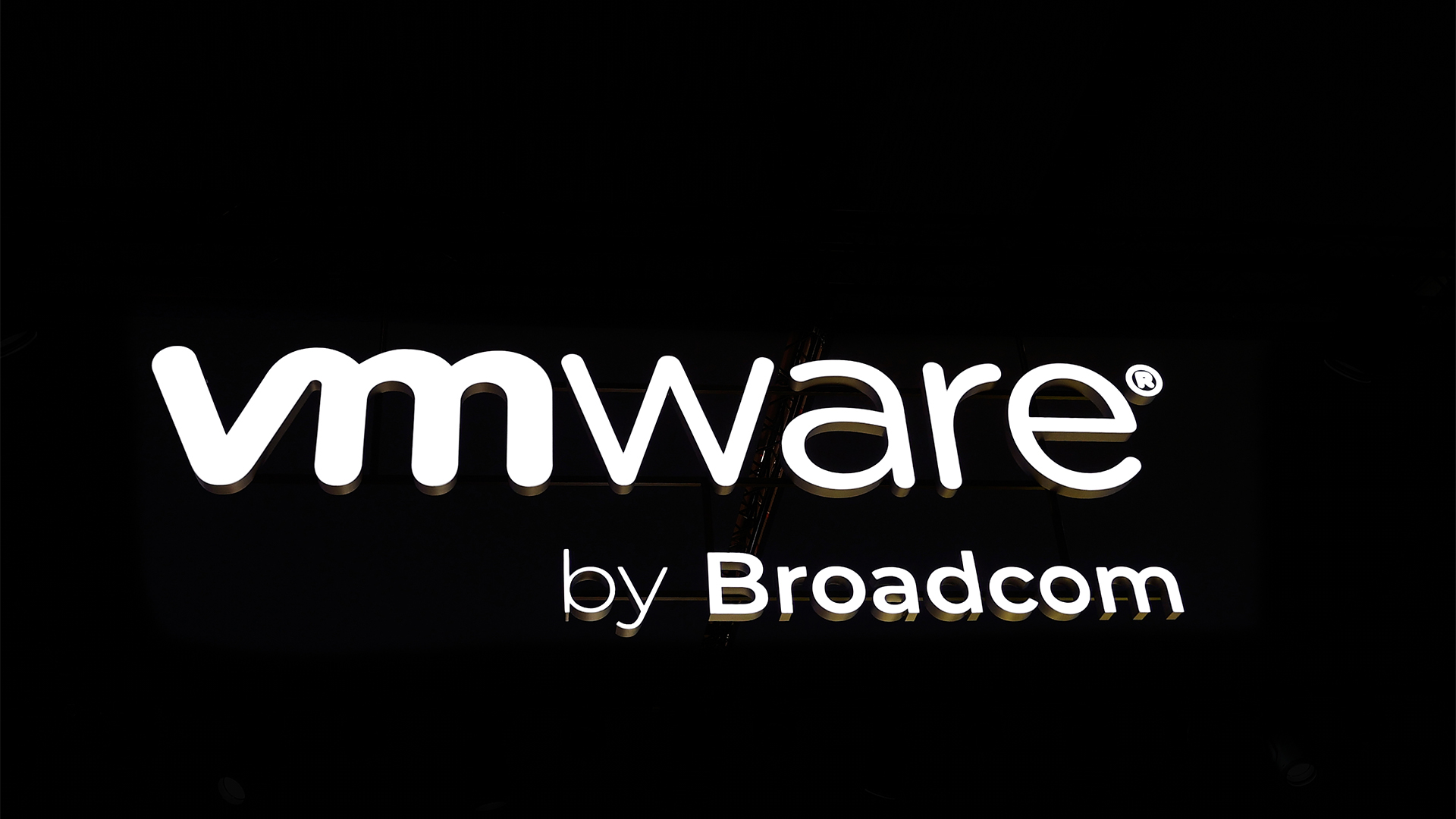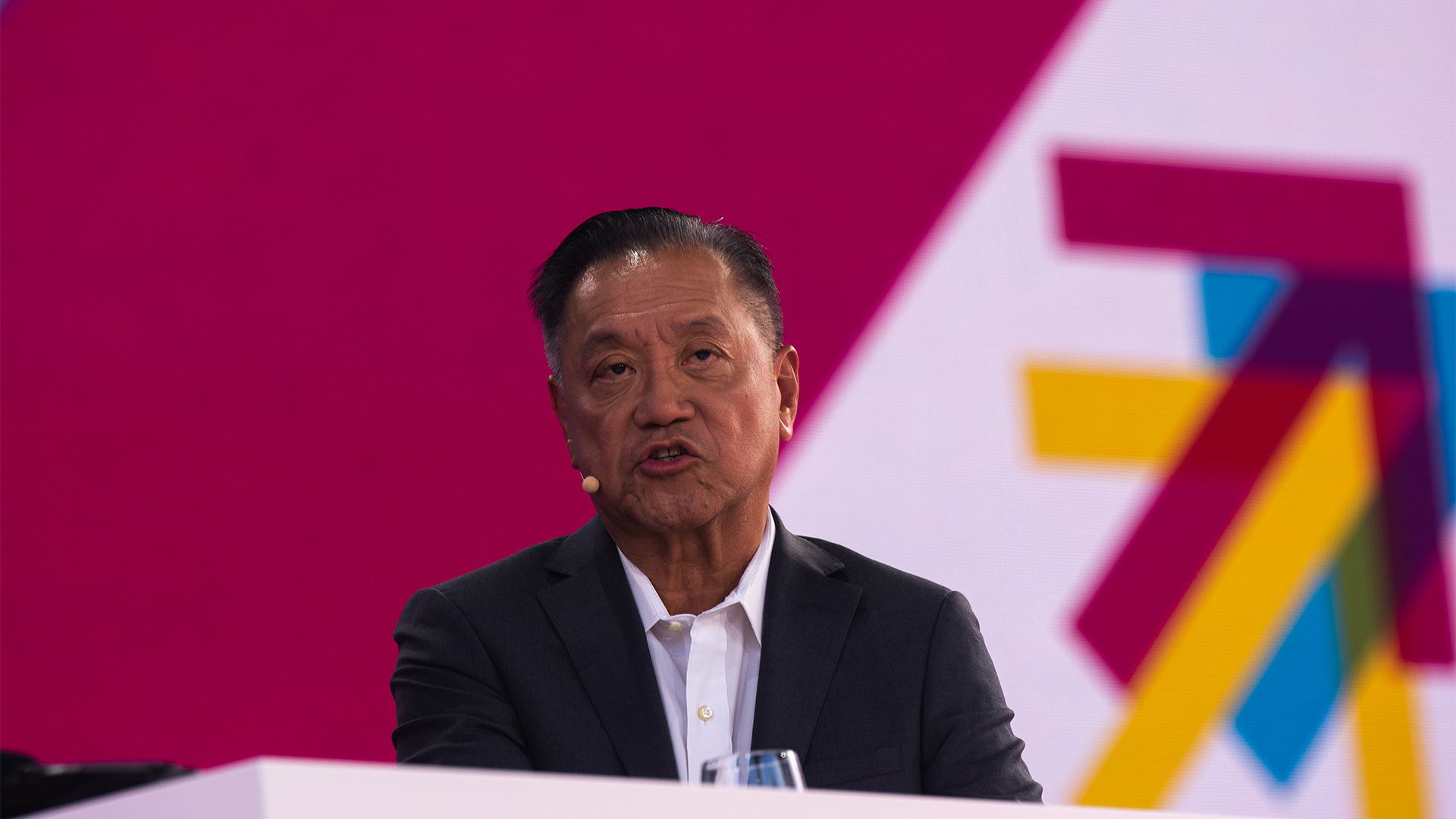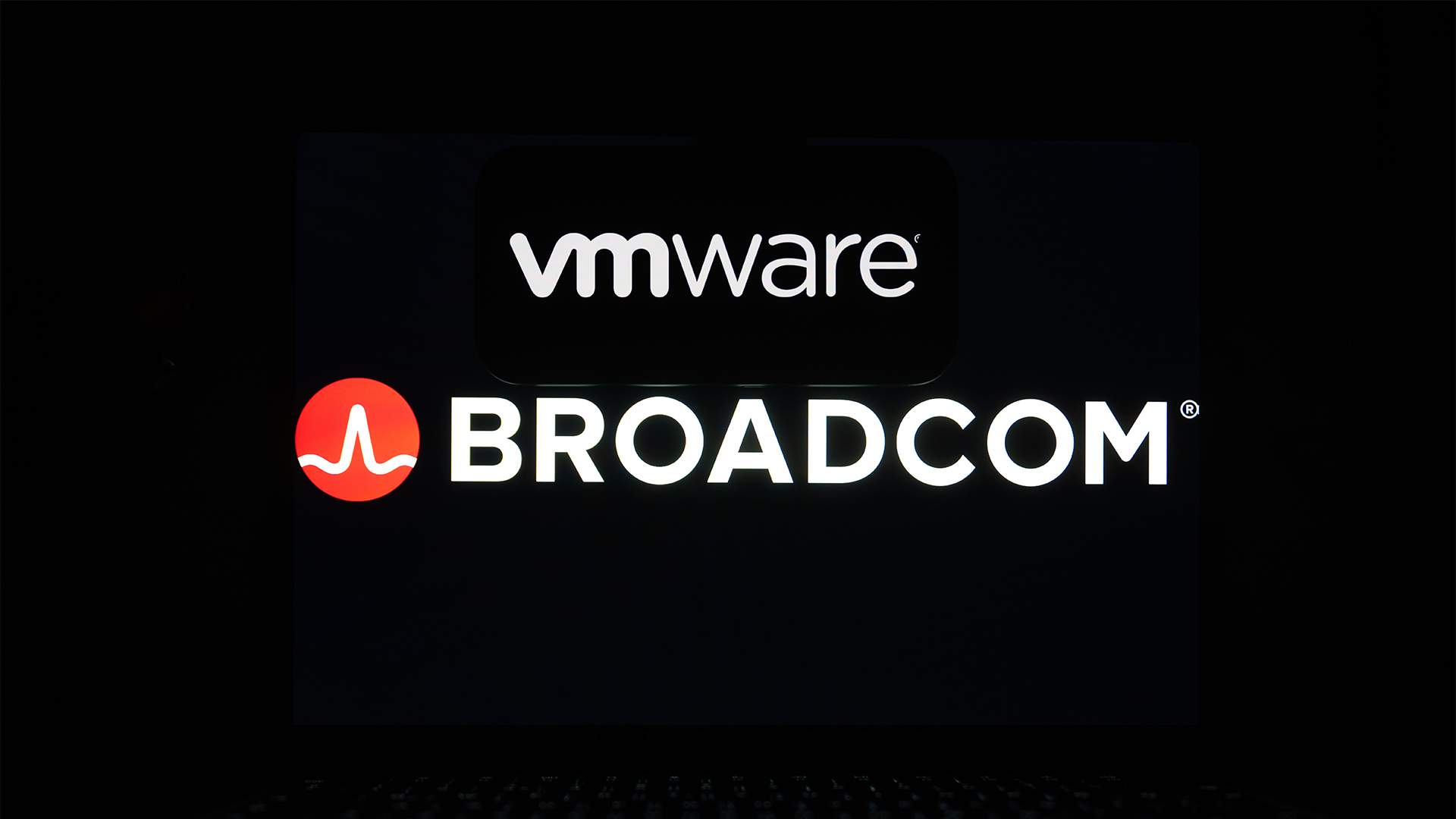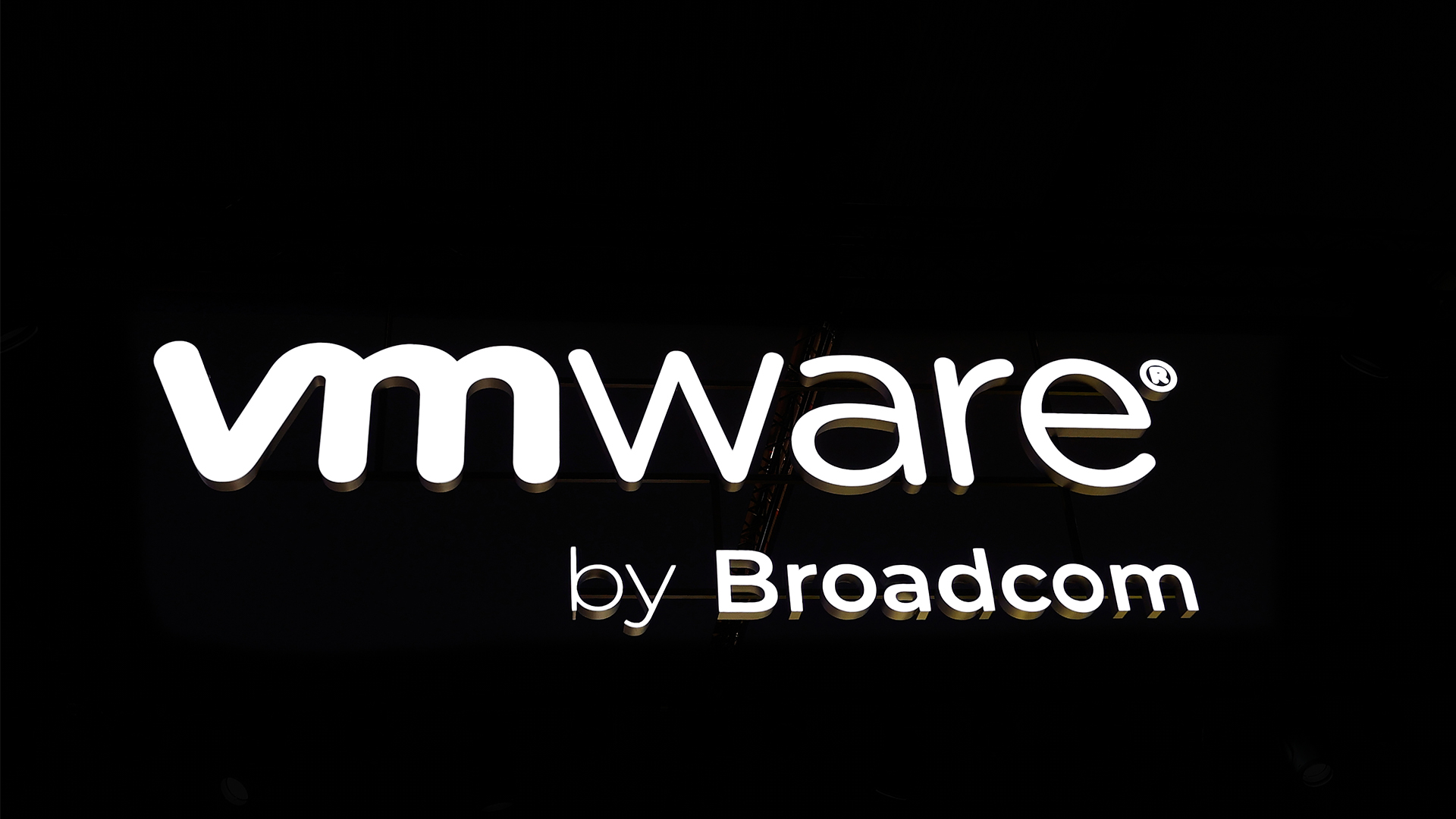Broadcom wants to unlock private cloud’s potential with VMware Cloud Foundation 9
An emphasis on simplicity matched with improved customer controls underpins the latest VCF improvements


Broadcom has unveiled VMware Cloud Foundation (VFC) 9, the latest iteration of VMware’s private cloud platform intended to dramatically improve the speed, ease, and cost of deploying private cloud for businesses.
In its latest major overhaul of VCF, Broadcom has lifted the curtain on a raft of private cloud improvements across its cloud deployment, management, and operational layers.
VCF 9 enables native multi-tenancy for customers, allowing different enterprise teams or departments to share infrastructure while maintaining control of their respective privacy controls and access rights.
Customers can also make use of more centralized cybersecurity controls in VCF 9. Through a new centralized information hub, security teams can assess threats across their private cloud and raise insights on misconfigurations.
Broadcom emphasized its intention to help customers future-proof their private cloud via VCF as much as possible, and to this end, customers can also use VCF 9 to deploy generative AI models more easily via VMware Private AI Foundation with Nvidia, with new options such as GPU reservations and a dedicated service for building AI agents.
With its focus on helping businesses to automate their infrastructure and modernize it as much as possible, VCF 9 will combine existing cloud management consoles into just a single point of control for operations and automation, simplifying manual tasks for IT teams and providing them with better control observability.
This focus on automation is mirrored with new native support for VMware vSAN remote snapshots, intended to automatically preserve customer data to be recovered in the event of a ransomware attack, alongside a generative AI security assistant dubbed Project Cypress which can help teams investigate security threats and provide recommendations on remedies.
Get the ITPro daily newsletter
Sign up today and you will receive a free copy of our Future Focus 2025 report - the leading guidance on AI, cybersecurity and other IT challenges as per 700+ senior executives
AI advancements and readiness run throughout the announcements. The new Advanced Memory Tiering with NVMe function will also provide a performance boost to AI workloads within a customer’s environment, alongside data analytics applications and databases.
“Memory is one of the highest growth costs inside a customer’s infrastructure environment,” said Paul Turner, VP of products, VCF Division at Broadcom.
“Up to 50% of the cost of servers today is often in the memory cost, so bringing down that cost is key for us.”
The firm reports up to 40% improvement in memory efficiency among customers using NVMe Tiering, citing the reduced cost of memory and licensing achievable through proper optimization.
Broadcom said that enterprises can use VCF to improve the time to deploy virtual machines (VMs) by as much as 61% and reduce infrastructure costs by 34%, per a whitepaper it produced alongside IDC.
Easing the weight of legacy infrastructure
In a briefing with assembled media, Turner emphasized the major problem that VCF 9 aims to solve:
“We have a mixed set of environments where customers are running a storage silo, a compute silo, they've probably virtualized the compute silo but haven't done so on the storage, the networking is very much a physically-oriented setup, and security is in there afterward trying to figure out how to govern and control the entire environment.
“So, our traditional legacy architecture is really not working in terms of being able to bring governance, control, and agility to a cloud because you've got different teams managing different environments.”
The announcement was made at VMware Explore 2024 Las Vegas, the company’s annual conference and the first such event since Broadcom closed its acquisition of the firm in November 2023.
Broadcom announced improvements to VCF in June, dropping new features such as VCF Import which lets customers move siloed environments into their private cloud without re-architecting and streamlines patching and identity and access management (IAM).
VCF Import is being expanded in VCF 9, with the intention of making it easier than ever for customers to embrace the platform. With this in mind, businesses will now be able to transfer a business’s existing VMware NSX, vDefend, or Avi Load Balancer environments into VCF. This allows for better-centralized fleet management and automation across their VMware environment, moving closer to achieving what Turner dubbed “a true cloud experience”.
With VCF 9, Broadcom also aims to further meet customer needs while reducing the overall complexity of the platform by bringing services like VMware Cloud Director under the VCF banner and enabling a single point of observability for admins.
This focus on ease of deployment is also reflected in the newly announced VCF Advanced Services, off-the-shelf services across common enterprise tasks like edge orchestration, data management, containers, or disaster recovery.
“To break the infrastructure silos, reclaim control of public cloud sprawl, and capture the opportunity for AI in the enterprise, our customers are shifting from best-of-breed siloed architectures to a modern private cloud platform,” said Krish Prasad, senior vice president and general manager, VCF Division at Broadcom.
“VMware Cloud Foundation 9 will redefine the landscape for private cloud by delivering a modern, integrated platform that will unify operations and automation to deliver a cloud experience that enables businesses to be more innovative, efficient, resilient, and secure.”

Rory Bathgate is Features and Multimedia Editor at ITPro, overseeing all in-depth content and case studies. He can also be found co-hosting the ITPro Podcast with Jane McCallion, swapping a keyboard for a microphone to discuss the latest learnings with thought leaders from across the tech sector.
In his free time, Rory enjoys photography, video editing, and good science fiction. After graduating from the University of Kent with a BA in English and American Literature, Rory undertook an MA in Eighteenth-Century Studies at King’s College London. He joined ITPro in 2022 as a graduate, following four years in student journalism. You can contact Rory at rory.bathgate@futurenet.com or on LinkedIn.
-
 Bigger salaries, more burnout: Is the CISO role in crisis?
Bigger salaries, more burnout: Is the CISO role in crisis?In-depth CISOs are more stressed than ever before – but why is this and what can be done?
By Kate O'Flaherty Published
-
 Cheap cyber crime kits can be bought on the dark web for less than $25
Cheap cyber crime kits can be bought on the dark web for less than $25News Research from NordVPN shows phishing kits are now widely available on the dark web and via messaging apps like Telegram, and are often selling for less than $25.
By Emma Woollacott Published
-
 Broadcom records huge growth as CEO Hock Tan hails “successful integration” of VMware
Broadcom records huge growth as CEO Hock Tan hails “successful integration” of VMwareAnalysis The VMware acquisition is finally paying dividends for Broadcom
By George Fitzmaurice Published
-
 Broadcom EMEA CTO claims the company has been able to solve most of its customer issues following VMware acquisition
Broadcom EMEA CTO claims the company has been able to solve most of its customer issues following VMware acquisitionNews Joe Baguley says the firm has been walking customers through license changes and explaining the value of VMware
By George Fitzmaurice Published
-
 Cloud repatriation may be nipping at hyperscaler market share, but it’s a boon for VMware
Cloud repatriation may be nipping at hyperscaler market share, but it’s a boon for VMwareNews The firm’s private cloud offerings put it in a strong position to aid customers moving workloads out of the public cloud – but repatriation can’t be the only conversation
By George Fitzmaurice Published
-
 VMware Explore 2024 live: All the news and updates as they happen
VMware Explore 2024 live: All the news and updates as they happenLive Blog ITPro is live on the ground in Barcelona for VMware Explore 2024 – keep tabs on all the news, updates, and announcements in our rolling coverage
By George Fitzmaurice Last updated
-
 Pure Storage announces VM assessment service – and it could please beleaguered VMware customers
Pure Storage announces VM assessment service – and it could please beleaguered VMware customersNews The firm unveiled a new tool for managing VM costs as part of its Pure//Accelerate London 2024 event
By George Fitzmaurice Published
-
 Is a VMware exodus looming? Disgruntled customers are actively seeking alternative providers or exploring open source options in the wake of Broadcom’s acquisition
Is a VMware exodus looming? Disgruntled customers are actively seeking alternative providers or exploring open source options in the wake of Broadcom’s acquisitionNews VMware customers say they are seriously considering alternative providers in light of the turbulence and increasing costs that followed its acquisition by Broadcom
By Solomon Klappholz Last updated
-
 VMware license changes could spark a wave of data center 'devirtualization'
VMware license changes could spark a wave of data center 'devirtualization'News The increased costs associated with Broadcom’s VMware acquisition is one of the key drivers behind this predicted shift
By George Fitzmaurice Published
-
 VMware unveils first Cloud Foundation overhaul since Broadcom acquisition
VMware unveils first Cloud Foundation overhaul since Broadcom acquisitionNews VMware is targeting better developer experience, improved resilience, and easier modernization as priorities with its new subscription-based approach
By Rory Bathgate Published